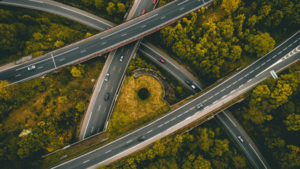The IPBES report shows the extent of our climate emergency. How can you and I make a difference?
Earlier this month, a landmark report stated that around one million plant and animal species are at risk of extinction due to human activity.
The report by the Intergovernmental Science-Policy Platform on Biodiversity and Ecosystem Services (IPBES) offers a stark warning and comes at a time when climate emergency is a growing political priority.
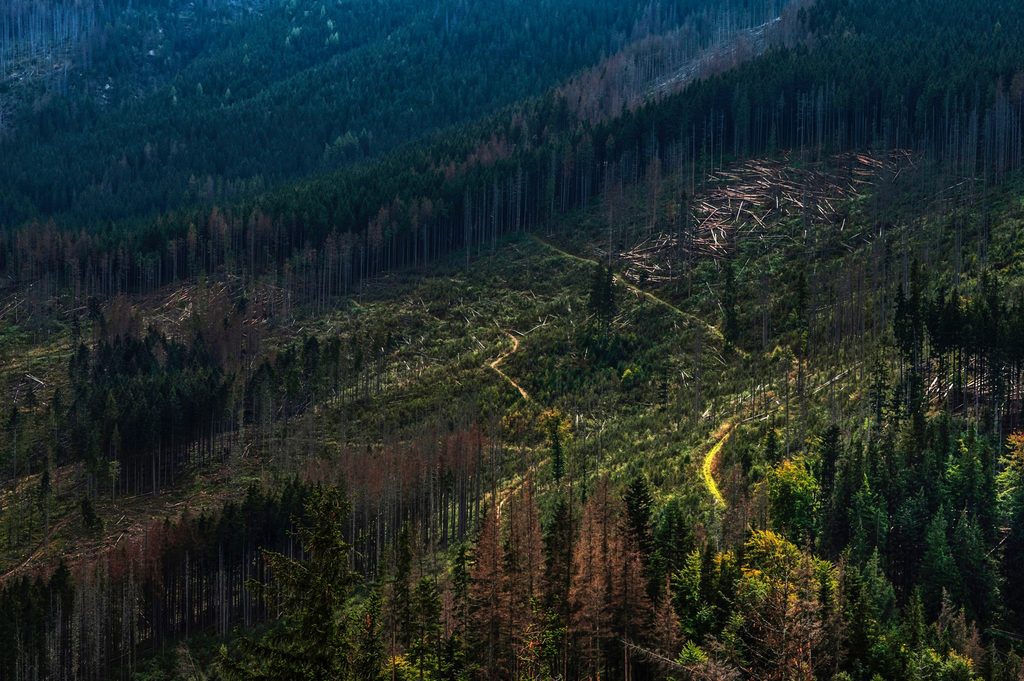
It explains that agriculture and other human activities have placed the world’s flora and fauna at risk. Without intervention, we can expect to lose species at an unprecedented rate.
But with that looming over us, is there anything we can do? While the report shows that we need widespread change, we can each play our own part.
With one million species at risk, it’s not acceptable to do nothing.
Rethink our relationship with food
Buy local — Agriculture emissions are even higher when the food comes from the other side of the planet. Buy local ingredients when you can, and shop directly from growers if possible. Find your nearest organic and biodynamic farms and support them.
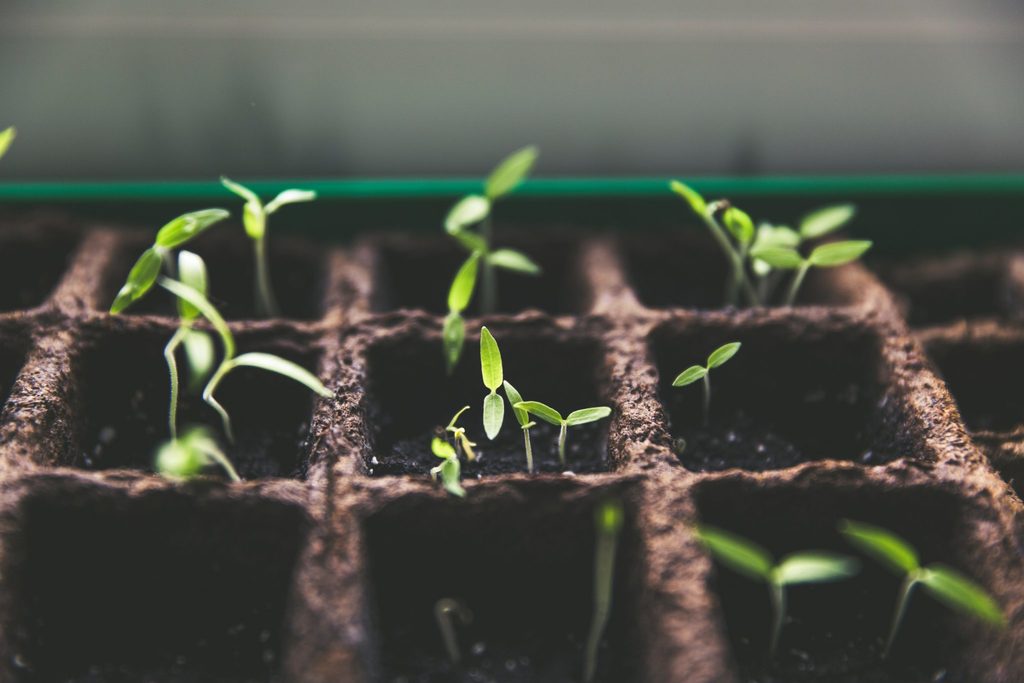
Grow your own — Get in touch with your food by growing it yourself. You’ll reduce the burden on industrial farms and slash the carbon emissions of your food. It’s also one of the most satisfying things we can do as human beings.
Reduce meat and dairy intake — We might not like to hear it, but meat and dairy aren’t sustainable. It’s a cause of massive biodiversity loss and is accelerating climate breakdown. Getting creative with vegetables and meat substitutes can benefit your health as well as the planet.
Change the way we travel
Try out ‘slow travel’ — It’s a new phrase but the practice is ancient. Slow travel is about being mindful of the impact your actions have on the planet. Public transport, walking and cycling are all great ways to reconnect with your environment and reduce carbon emissions through travel.
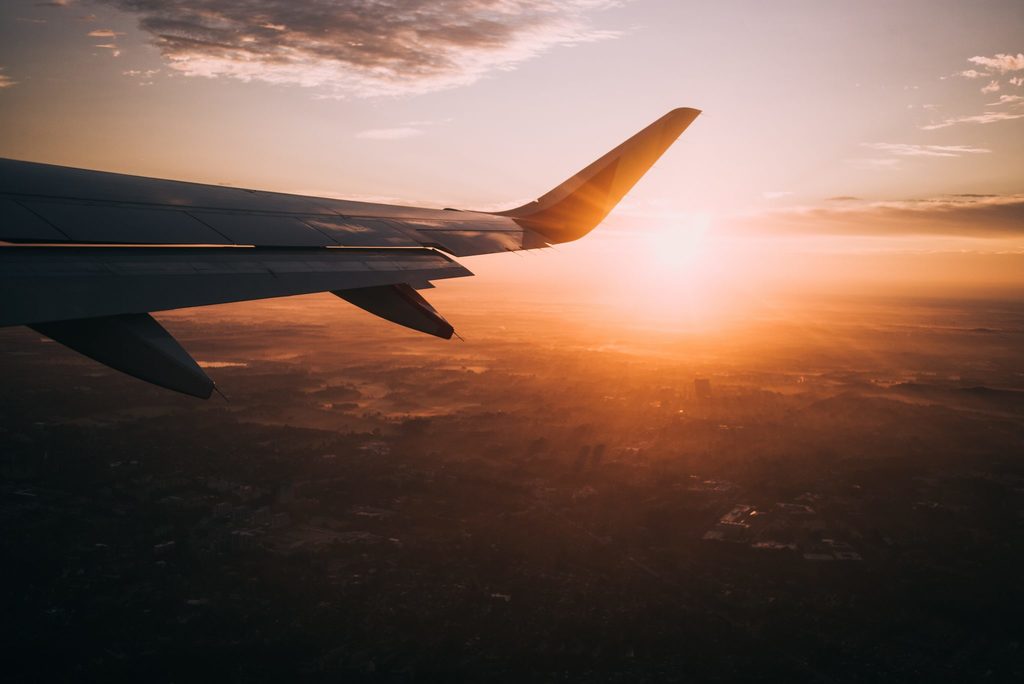
Make your short trips sustainable — 68% of journeys in the UK are under five miles, and we drive 56% of these trips. If we can make a commitment to make our short trips more sustainable — by walking and cycling more — we can have a huge impact.
Limit flights and offset carbon if you fly — Flying is inherently unsustainable. Where possible, think about slow travel and choose trains and other public transport. If you can’t help but fly, offset your carbon emissions.
Put the climate on the agenda
Visit your local MP — We elect our MPs to represent us. Find your MP here and let them know that climate breakdown is a priority for the people that vote for them. Include examples of projects that could do with funding or exposure, and don’t let them ignore your concerns.
Vote for the climate — If your MP doesn’t listen, take action where it counts: at the polling station. Voting for politicians who make climate breakdown a priority is a great way of encouraging change.
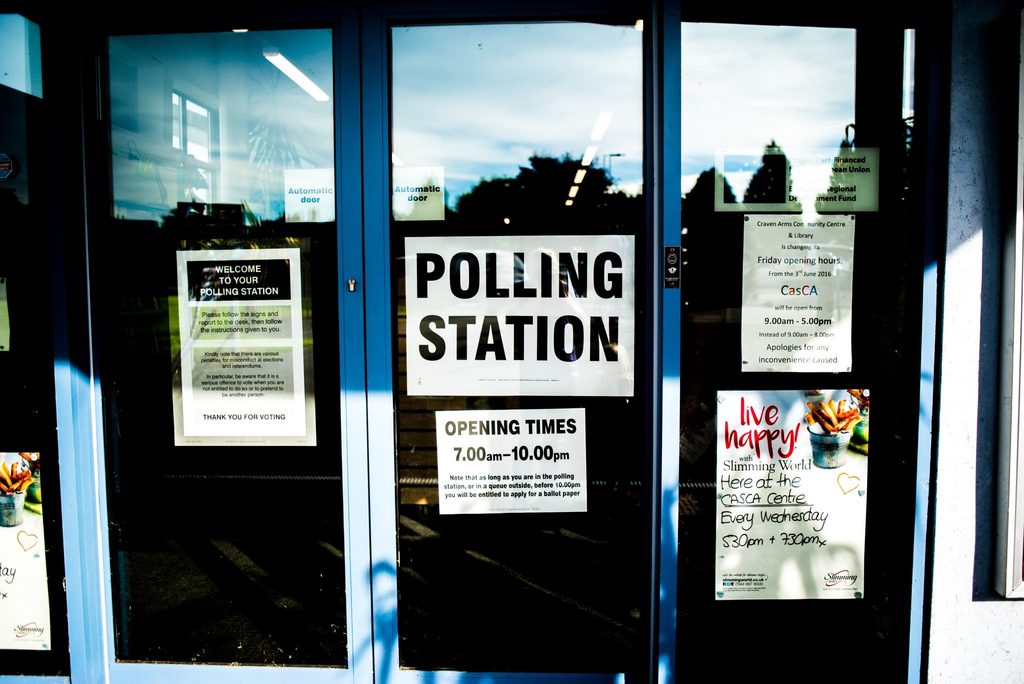
Start and join local action groups — Global change needs local action. When we group together on a small scale, the possibilities are endless. When politicians see the public demand for change (especially in the form of official groups) they can’t ignore it.
With a little effort, we can all make a huge difference. The planet is crying out for intervention, and with one million species at risk, we can’t ignore the call.


